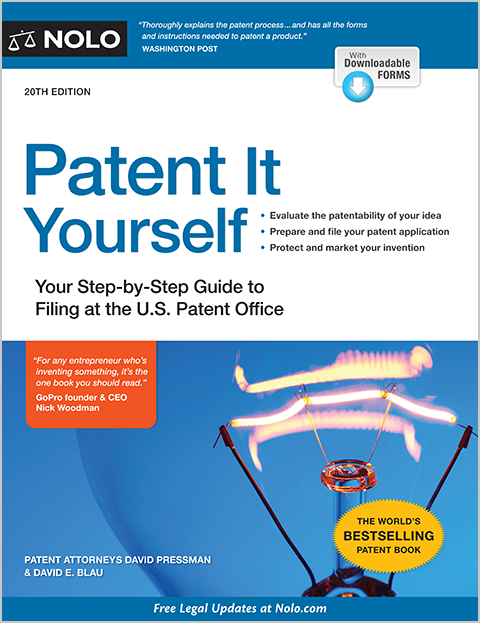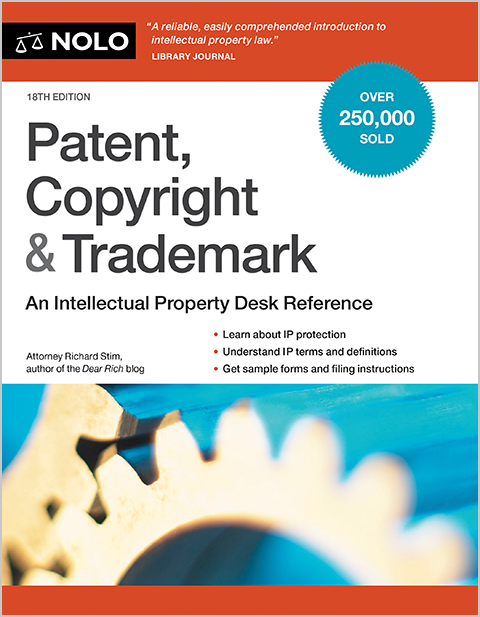There are no fixed standards as to how much of a song you can use without infringing the song owner's copyright.
Question
I am creating amateur animations for my website. I would like to use a portion of an instrumental song that I found online as background music to the animation. My goal is not to make money, but merely to create a fun experience for visitors to my site.
Tracking down the copyright holders of that song to ask for permission would be time-consuming and possibly expensive. This project is just for fun, and will not be sold or used to make a profit.
I have heard that a certain amount of a song can be used in this manner without requiring permission. Is this true? If so, what are the guidelines for using this material?
Answer
It sounds like you want to make a creative website project, but are concerned about the copyright implications. Creators of original words, like music, hold copyright protection over those works, meaning that they have exclusive rights to perform or copy those tunes. If you infringe on those rights, taking their tunes without permission, you could face legal liability.
That means you are wise to be concerned. Musicians tend to cautious about ensuring that their intellectual property rights are not infringed upon. But tracking down the rights holders can be difficult or lead to a tangle of bureaucratic requirements. Here's what you should know.
Songs typically have two copyrights, for both:
- the underlying song (usually owned by the artist), and
- the recording of that song (usually owned by the recording company).
You could write to the copyright holder(s) and ask for their written permission to use their music for the specific purpose you desire. Assuming they consent, then you have no problem.
However, it is possible that the copyright holder(s) will refuse to give you permission, or never respond to your inquiries. Worse, the owner may ask you to pay thousands of dollars in return for the permission. That will raise the question: Do you really need permission for your project, or can you proceed without it?
First, realize that not all music is protected by copyright. Music recorded before 1922 is generally in the public domain, meaning that you can use it as background to your animation without worrying about copyright holders. Many musical works created between 1923 and 1963 might also have fallen into the public domain, if the copyright owners failed to renew their copyrights (which you can check with the U.S. Copyright Office).
Second, even if the song you want to use with your animation is not in the public domain, your plan for it might qualify as a fair use. Fair use is a defense to copyright infringement.
Courts will consider four factors to determine whether a person's use of copyrighted work—in your case, a song—qualifies as fair use:
- the purpose and character of the use, for example whether your project is for profit
- the nature of the copyrighted work, for instance, if the song is a famous Billboard hit or an academic piece of music
- the amount of the copyrighted work that you used in your project, and
- the effect of the use upon the potential market for or value of the copyrighted work.
In this situation, most of these factors probably weigh in your favor. Consider your conduct in relation to those four factors: you are not selling the animation with the song to make a profit, nor are you likely going to affect the market for the copyrighted song. Customers looking for that song would not simply go to your website and watch your animation (which would be inconvenient); they would still buy the original CD or download the original music.
The most decisive factor, however, might be how much of the song you actually use. Will you allow the entire song to play in the background of your animation? Or merely a ten-second refrain? Unfortunately, there are no fixed standards as to how much of a song you can use without infringing the song owner's copyright. Of course, the shorter you can make the clip, the stronger your argument for fair use protection.
Using the song without permission is risky, but it is relatively unlikely that the owners would immediately sue you. More likely, their lawyers would send you a letter or email requesting that you stop using the material. (This is often referred to a cease-and-desist letter). If you obey and take the music down, the issue is usually over.
Of course, there is also the possibility that the song owners will never learn of your infringement. Most infringements are discovered when website traffic increases, the infringement begins earning money, or the infringement is diverting music sales.
As you can see, your intended use becomes somewhat riskier if you will sell your animation containing the sampled music. If you will profit from the sale of another person's copyrighted work, there is a far greater likelihood that the copyright holder may decide to sue—particularly if you engage in large-scale sales over the Internet. In this situation, consider getting samples clearances from the original copyright holders to prevent disputes down the road.
Talk to a Lawyer
Need a lawyer? Start here.
How it Works
- Briefly tell us about your case
- Provide your contact information
- Choose attorneys to contact you
- Briefly tell us about your case
- Provide your contact information
- Choose attorneys to contact you



